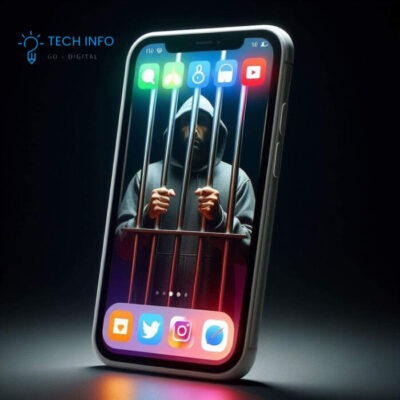Table of Contents
ToggleNew Zero-Day Startup Offers $20 Million for Tools That Can Hack Any Smartphone
The cybersecurity world is buzzing after reports surfaced of a new zero-day startup offering a staggering $20 million bounty for tools capable of hacking any smartphone. This move isn’t just a bold business strategy—it raises serious questions about ethics, surveillance, and the future of digital security.
What’s Going On?
The startup, whose name has not yet been widely publicized, is positioning itself as a marketplace for zero-day exploits—previously unknown vulnerabilities in software or hardware that can be weaponized before companies have a chance to patch them.
By dangling a $20 million reward, the firm signals that it isn’t looking for minor bugs. It wants full access exploits that can bypass the most advanced mobile security protections across iOS and Android. In other words: the keys to the world’s most popular devices.
Why Smartphones?
Smartphones are now the central hub of modern life—they hold our messages, financial apps, health data, work documents, and even two-factor authentication codes. For governments, corporations, and cybercriminals alike, control of a smartphone means control of a person’s digital existence.
The fact that this startup is openly offering such an enormous reward shows just how valuable these exploits have become.
The Ethical Dilemma
The move sparks an intense ethical debate:
- For Researchers: Should security experts sell to a private company rather than reporting vulnerabilities responsibly to Apple or Google?
- For Governments: If these exploits fall into the wrong hands, they could be used for mass surveillance, espionage, or even sabotage.
- For Users: Ordinary people face the risk of having their devices compromised without any knowledge or defense.
In cybersecurity, this is often called the “dark market” problem—where knowledge of vulnerabilities becomes more valuable to attackers than defenders.
Zero-Days as a Market Commodity
The startup’s offer also highlights a growing trend: zero-days are now treated as financial assets. Just like rare minerals or stocks, they have a price tag based on rarity and impact.
- A zero-day that allows remote access without user interaction (so-called “zero-click” exploits) can fetch multi-million dollar prices.
- By setting the bounty at $20 million, this company is effectively creating an arms race—pushing the value of smartphone hacking tools to unprecedented heights.
The Risk of Normalization
While governments have long purchased zero-days through secret contracts, this startup is commercializing the process. That normalization could make selling exploits feel less taboo, attracting more researchers away from the responsible disclosure process.
But here’s the danger: once an exploit is sold, there’s no guarantee how it will be used—or who it will be resold to.
How Apple and Google Might Respond
Tech giants like Apple and Google already run their own bug bounty programs, paying researchers up to hundreds of thousands of dollars for responsibly disclosed vulnerabilities. But compared to $20 million, their offers pale in comparison.
This forces a question:
- Should companies raise their rewards to compete with private buyers?
- Or should regulators crack down on companies trading in offensive cybersecurity tools?
What This Means for You
For everyday users, the existence of such a high bounty means one thing:
- Smartphones are not invincible.
No matter how strong the encryption or how advanced the system, there will always be vulnerabilities waiting to be discovered.
Users can’t stop zero-days from existing, but they can:
- Keep devices updated regularly.
- Avoid installing unverified apps.
- Use multi-layered security measures (like hardware keys for authentication).
Final Thoughts
The launch of a startup openly offering $20 million for universal smartphone exploits signals a dangerous new chapter in cybersecurity. It blurs the line between defensive security research and offensive weaponization, leaving users in a vulnerable position.
As the zero-day market grows more lucrative, the battle between privacy and power will only intensify. The real question is: who will win control of the digital battlefield—the companies trying to protect users, or the firms turning vulnerabilities into commodities worth millions?





